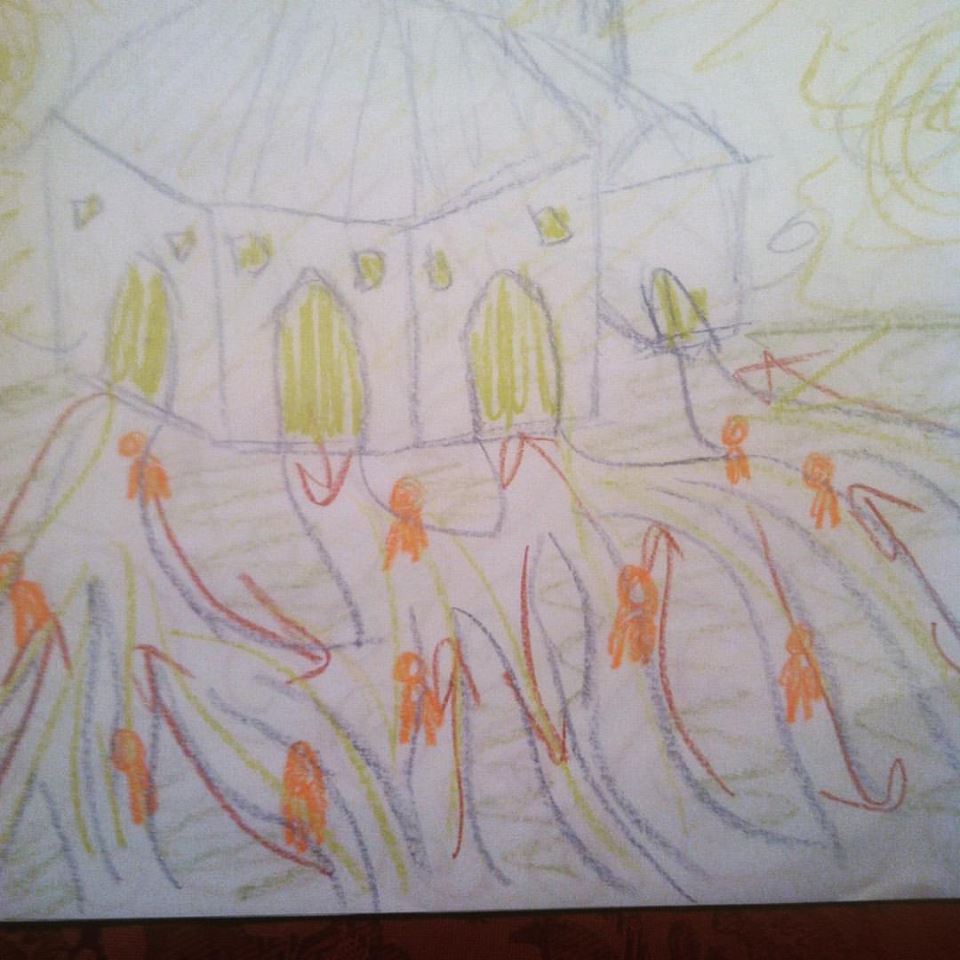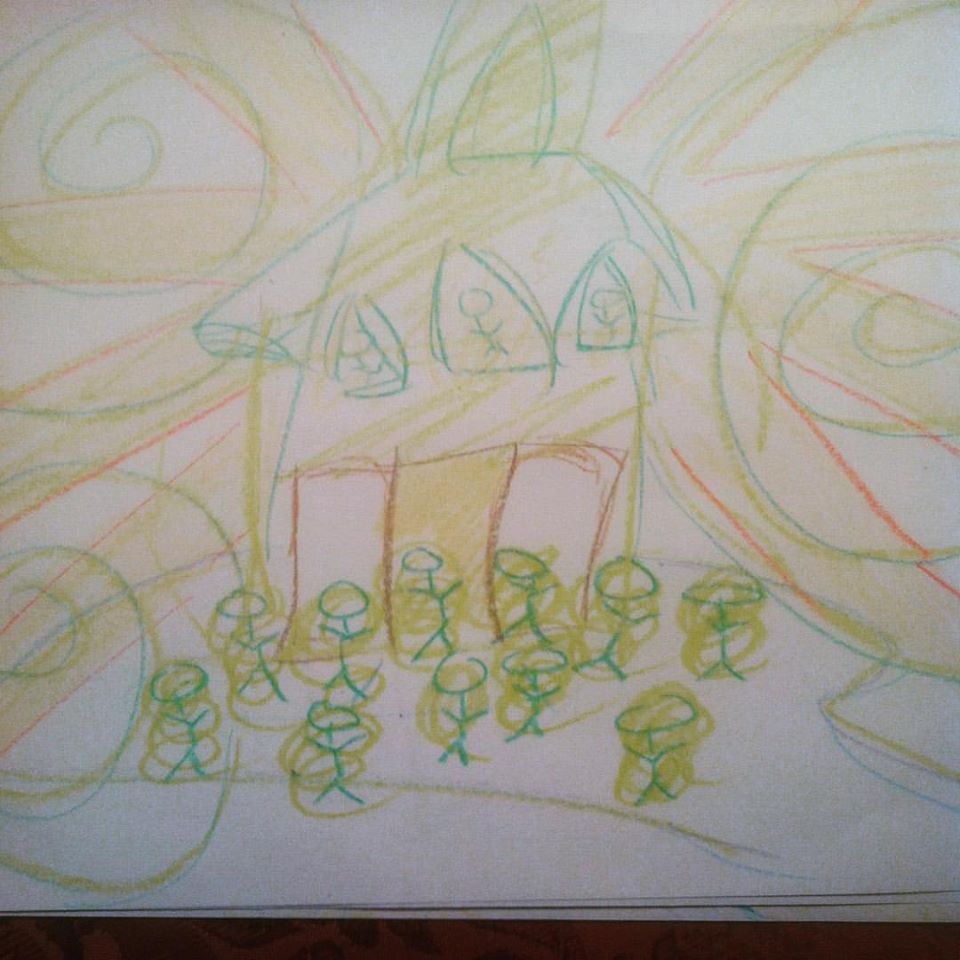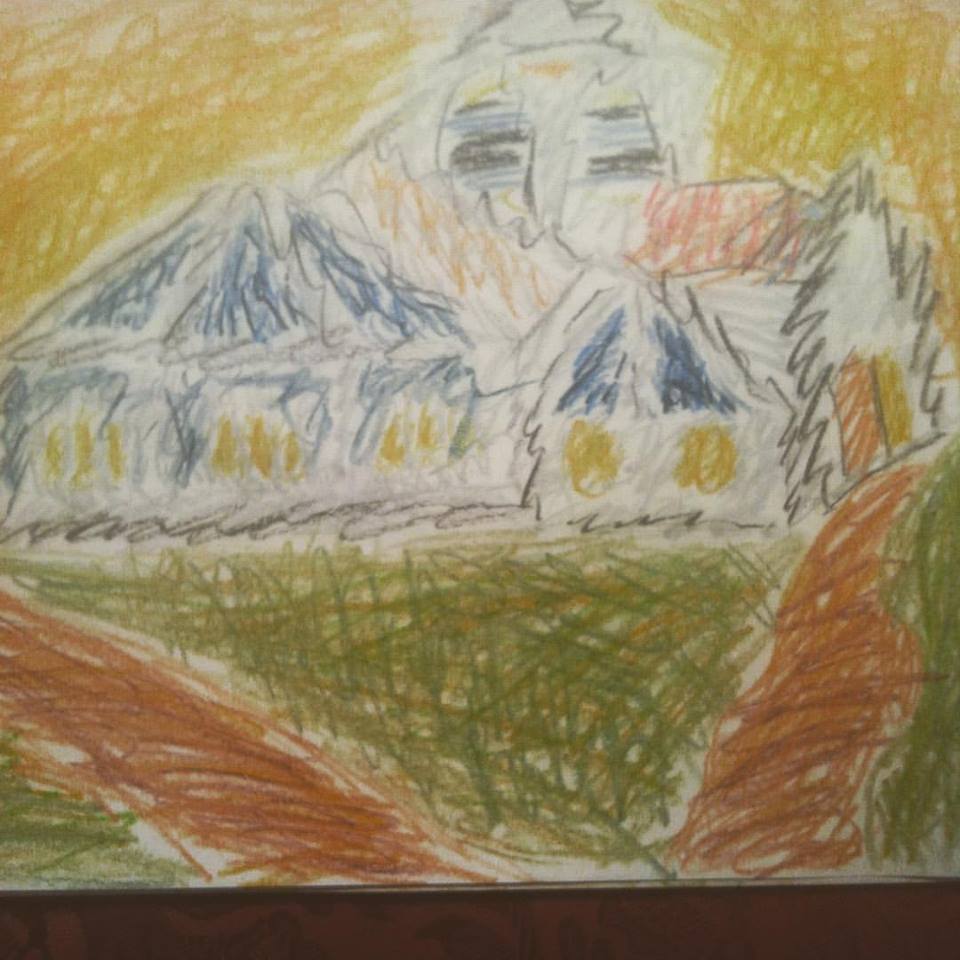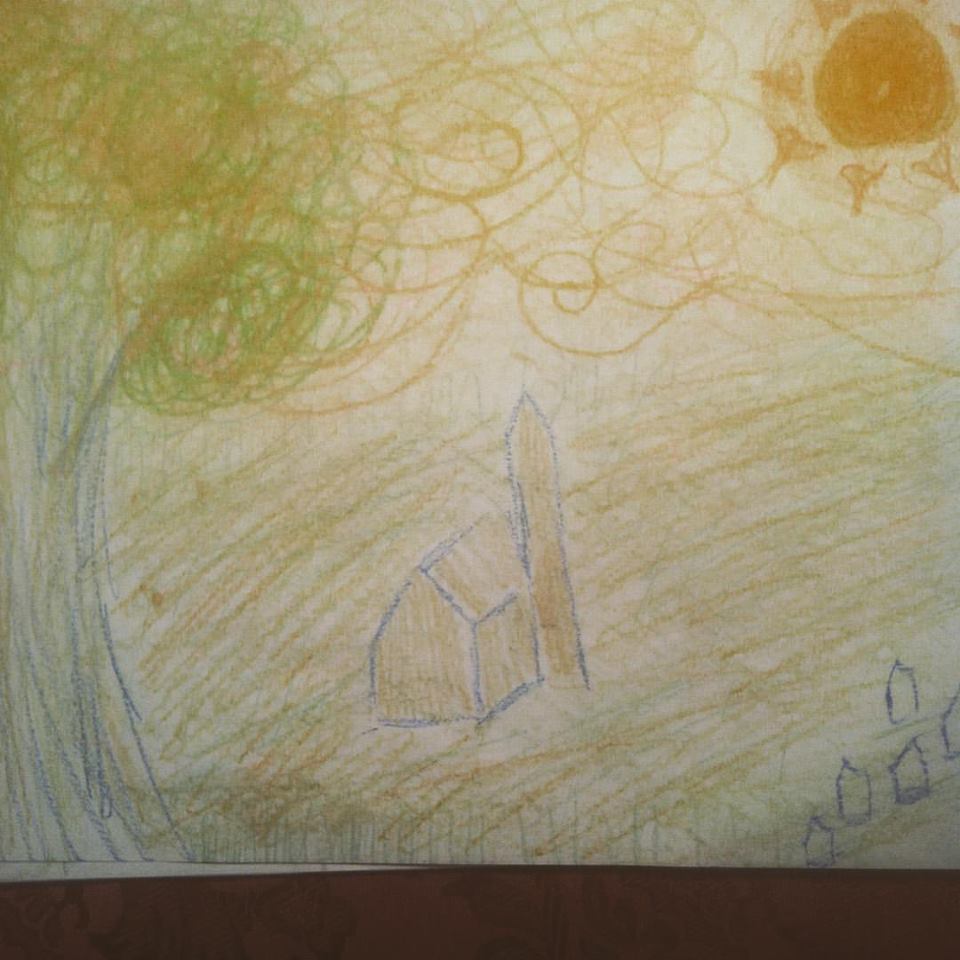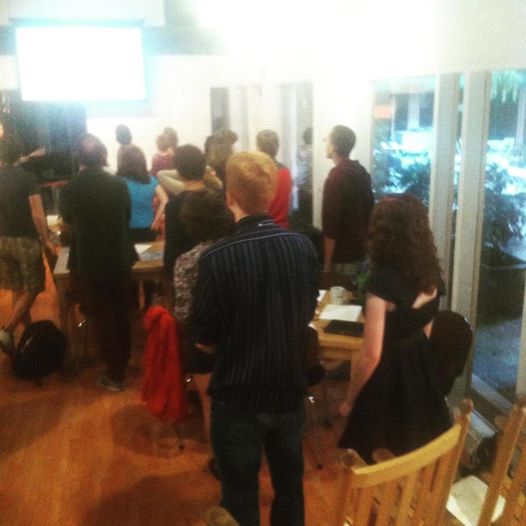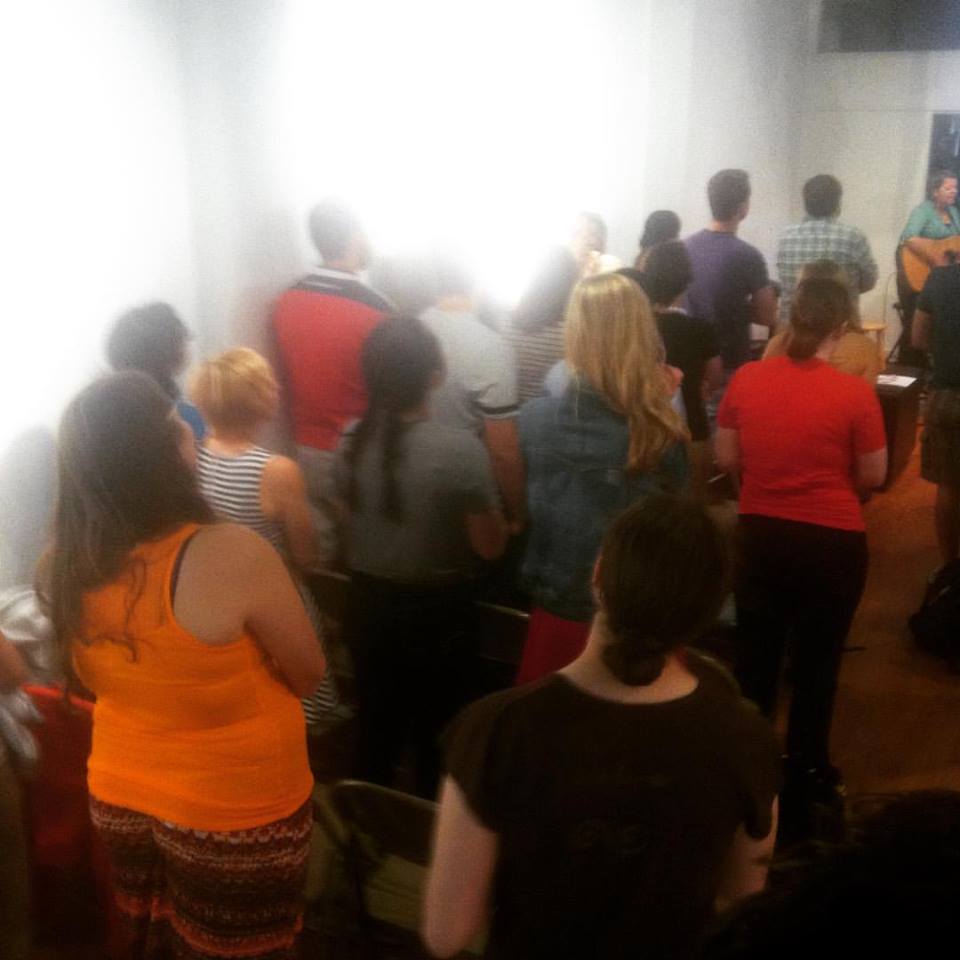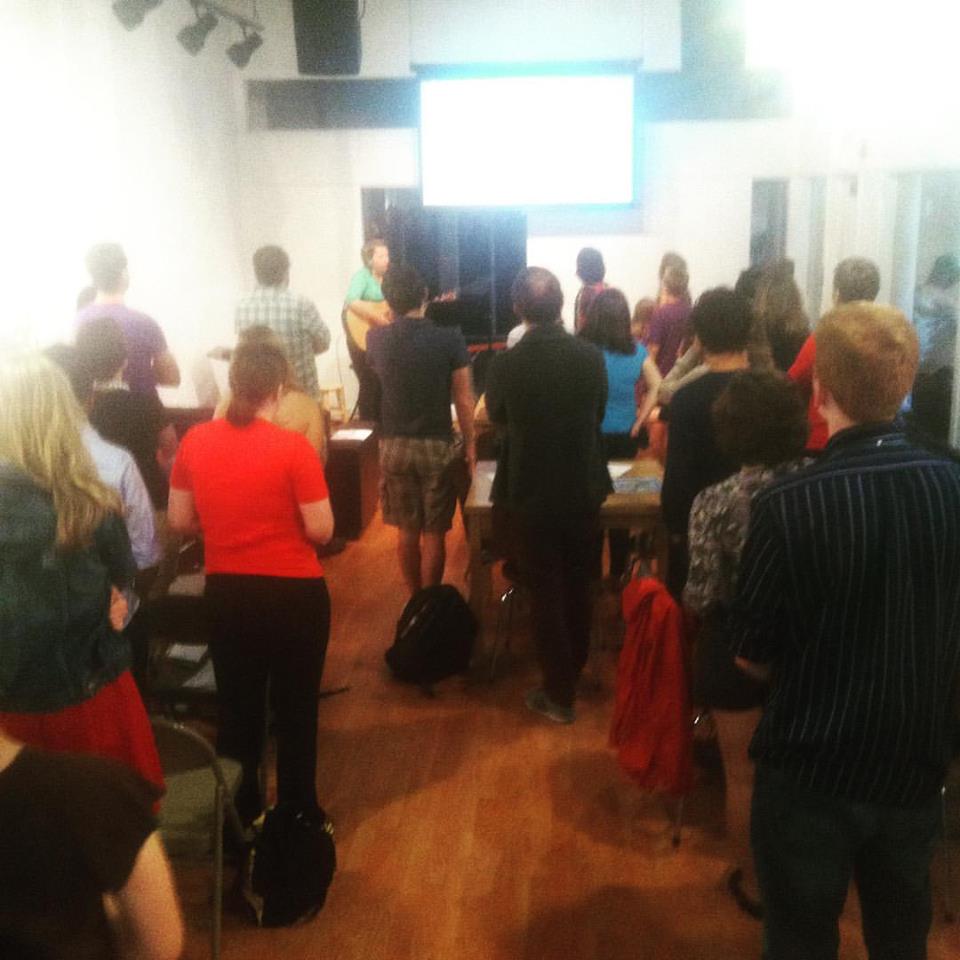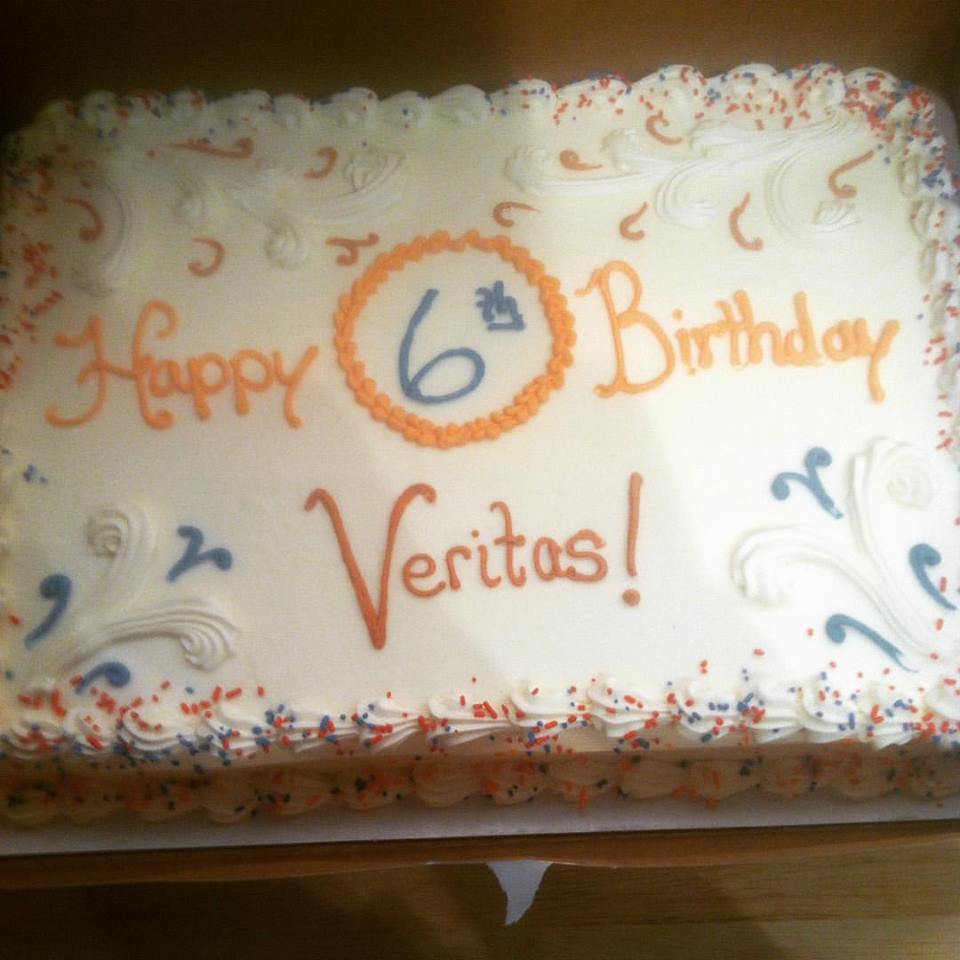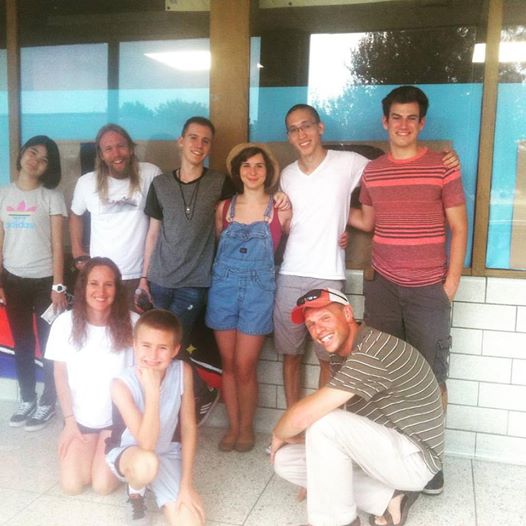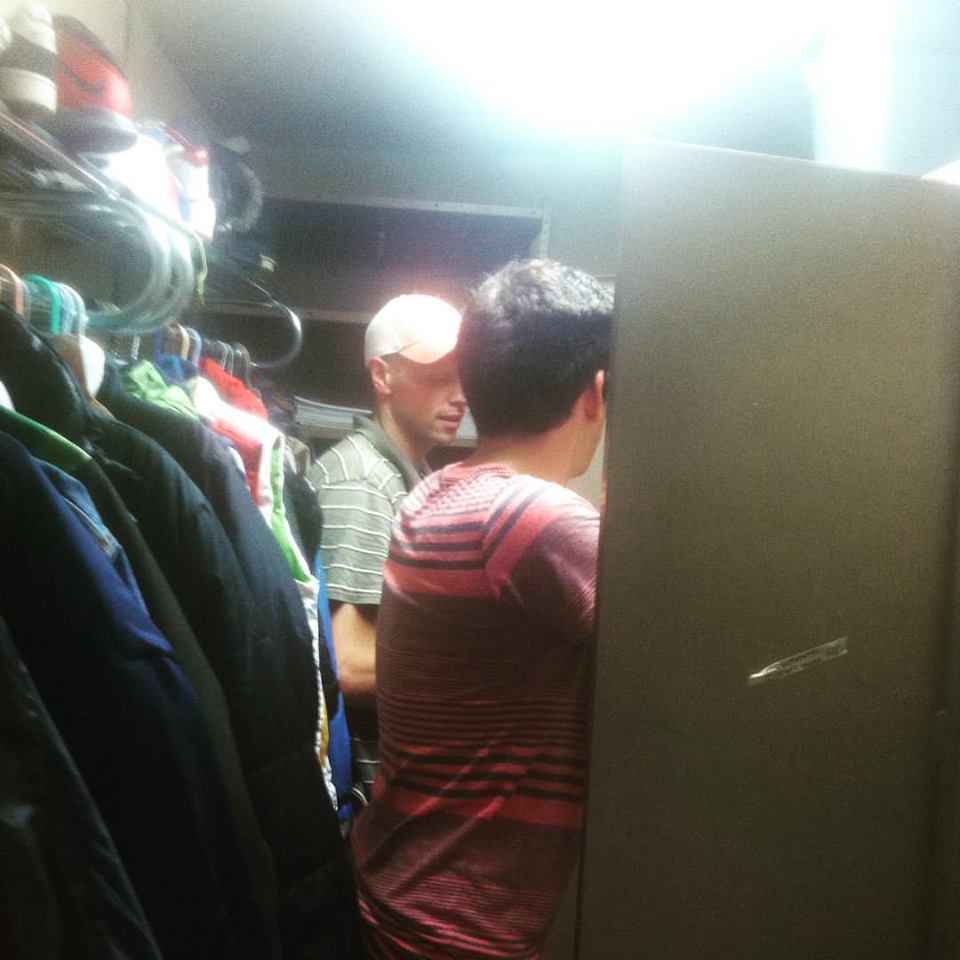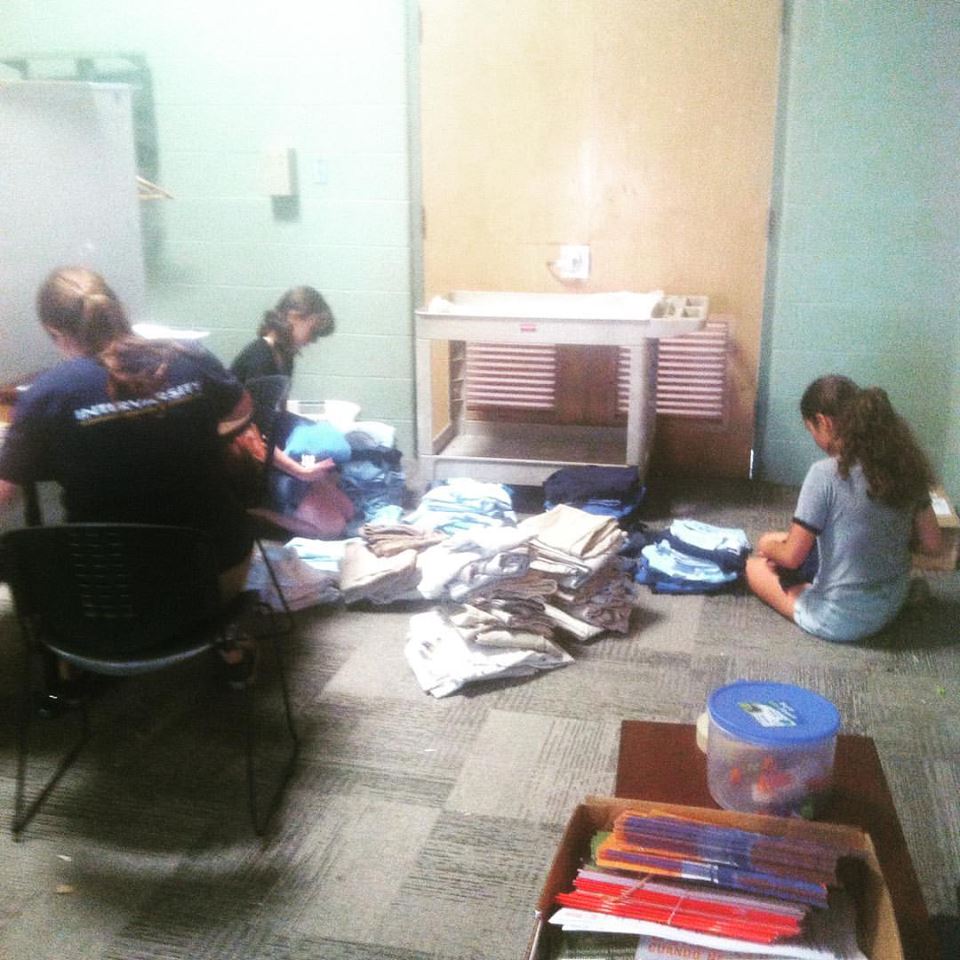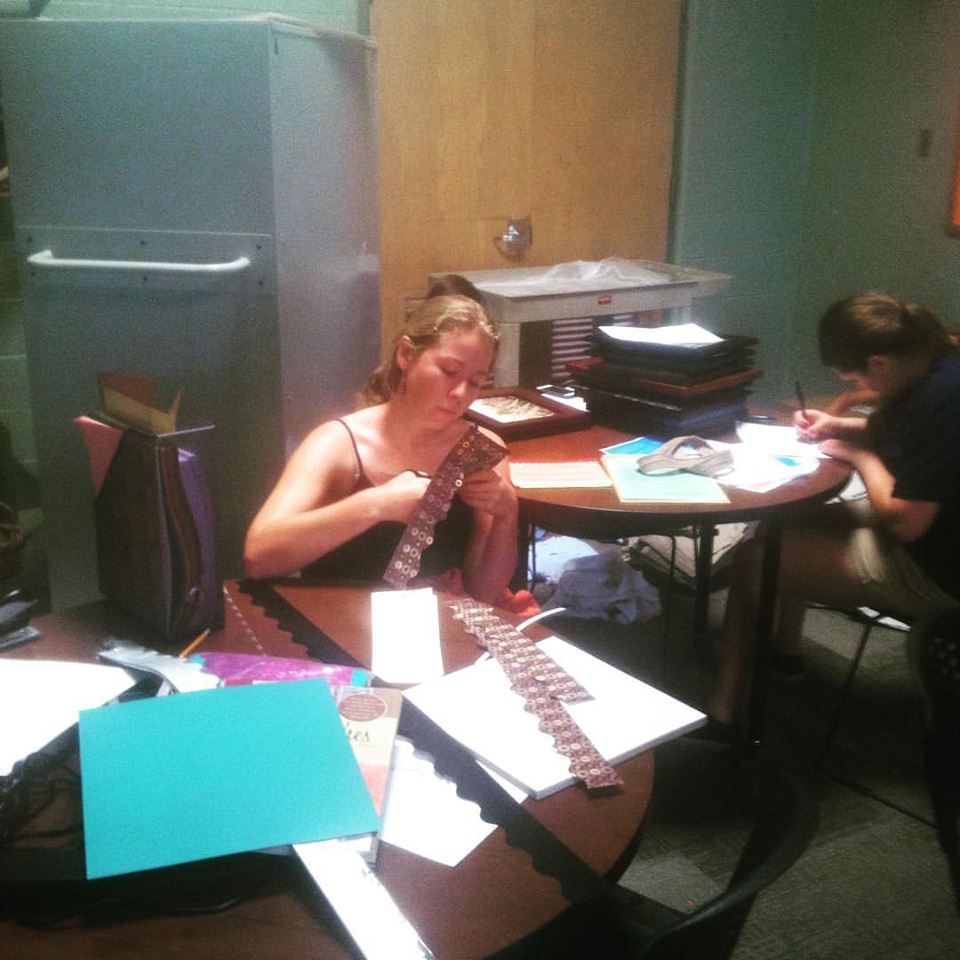Vincent Van Gogh once said these words, “Let us not forget…that our life is a pilgrim’s progress, and that we are strangers on the earth, but that we have a God and Father who preserves strangers and that we are all brothers.” I believe this statement no doubt either influenced or came because of one of his earliest and one of his most favorite paintings, the painting that we spent time looking at early, The Potato Eaters.
As we take another look at this painting together I want to point out a few things, things that we have mentioned and some other thoughts around this work of art. In this pairing we see a peasant family gathered around a table together. The hands who had picked the potatoes no doubt are now the hands that are reaching for one to eat. You can see the quiet desperation in their bodies, hands, and faces. You can see the dirty, depressing scenario that is being played out. But something else I believe that you can see is a sense of hope. Maybe it is the presence of the yellow light above them. Maybe Van Gogh is again using the color yellow to symbolize, much like he did in Starry Night, the presence of God. Something else that I believe points us in the direction of God’s presence around that table, is when you look at the Potatoes they actually look almost more like bread. And if you look closely at the man in the back, he is passing a cup to the room to his left (our right). It is almost like Van Gogh is subtly making reference to the act of communion around this table. Making reference to the presence of Christ in the bread and the wine, and his presence with the poor and needy. Kathleen Powers Erickson in her book “At Eternity’s Gate” said this about Van Gogh’s work, “Whether an elderly man sitting by a fire, or peasants digging, sowing, and harvesting in the fields, or a simple frugal meal, van Gogh’s depictions of peasants are often imbued with a numinous quality, a sense of the divine presence.” And Christ is present around this table that we see on the screen.
But Christ is present not just around that table, but many tables when we engage in the biblical and missional act of hospitality. Christ doesn’t just show up in the bread and wine during a communion experience, but he also shows up when we invite neighbors, friends, and strangers into relationship with us. And sometimes when we do this, like Hebrews 13:2 says, “Do not forget to show hospitality to strangers, for by so doing some people have shown hospitality to angels without knowing it.” This morning we’ll be looking at a story where a man lived out the Biblical and missional call to show hospitality to strangers and realized he was actually entertaining God himself.
Let’s turn to Genesis 18:1-16 which says, “The Lord appeared to Abraham near the great trees of Mamre while he was sitting at the entrance to his tent in the heat of the day. Abraham looked up and saw three men standing nearby. When he saw them, he hurried from the entrance of his tent to meet them and bowed low to the ground.
He said, “If I have found favor in your eyes, my lord, do not pass your servant by. Let a little water be brought, and then you may all wash your feet and rest under this tree. Let me get you something to eat, so you can be refreshed and then go on your way—now that you have come to your servant.” “Very well,” they answered, “do as you say.” So Abraham hurried into the tent to Sarah. “Quick,” he said, “get three seahs of the finest flour and knead it and bake some bread.” Then he ran to the herd and selected a choice, tender calf and gave it to a servant, who hurried to prepare it. He then brought some curds and milk and the calf that had been prepared, and set these before them. While they ate, he stood near them under a tree. “Where is your wife Sarah?” they asked him. “There, in the tent,” he said. Then one of them said, “I will surely return to you about this time next year, and Sarah your wife will have a son.” Now Sarah was listening at the entrance to the tent, which was behind him. Abraham and Sarah were already very old, and Sarah was past the age of childbearing. So Sarah laughed to herself as she thought, “After I am worn out and my lord is old, will I now have this pleasure?” Then the Lord said to Abraham, “Why did Sarah laugh and say, ‘Will I really have a child, now that I am old?’ Is anything too hard for the Lord? I will return to you at the appointed time next year, and Sarah will have a son.” Sarah was afraid, so she lied and said, “I did not laugh.” But he said, “Yes, you did laugh.”
So what does this old old story have to say to us today in a 21st century western context about what it means to live out this biblical and missional call to be a people of hospitality? What does it look like in our day and age of suburban sprawl, consumerism, broken community, underdeveloped relational ties, and the age of, what one author calls, “Bowling Alone” (which is a book about the collapse and revival of American Community)? And just what does hospitality mean anyway? Let’s turn to some of these questions.
The first thing we need to do when we talk about hospitality is to actually define what hospitality actually is. Hospitality is defined as love for strangers. Hospitality is a way of welcoming people. The Benedictine monks have various rules for their community, call it a Rule of Life if you will. Rule #53 says All guest who present themselves are to be welcomed as Christ, for he himself will say “I was a stranger and you welcomed me in.” Hospitality and welcome can be a healing balm in people’s lives. I find it interesting that the word Hospitality and Hospital share the same root. It is like there is an innate link between being welcomed and being healed. If you have ever truly been shown hospitality, you know what I’m talking about.
Secondly, we need to look at the context of the story to see hospitality in action, from an ancient Near Eastern culture. The one thing about Eastern cultures, is that hostility doesn’t even need to be taught at all. It is innate in the cultures of the east. If you have ever been to places that would be considered Eastern (like Iraq, Palestine, etc..) or have friends here from those contexts, you’ll know that they run circles around Western culture people when it comes to living out this value of hospitality.
How does Near Eastern Hospitality work in this story? Let’s look. In verse 2 we read, “Abraham looked up and saw three men standing nearby. When he saw them, he hurried from the entrance of his tent to meet them and bowed low to the ground.” Two things stick out to me. Abraham hurries out of his tent to meet them and then he bows low to the ground. In Bedouin hospitality when you encounter a person or visitor who is of equal social rank as you, you normally rise from your seated position to receive them. But Abraham actually runs out to meet them. You would only do that if the person or visitor was from a superior social status to yours. So here Abraham, even though he is a very wealthy man (had servants, had many flocks, etc..) runs out to meet them and then he bows low to the ground. Again taking the form of a lower social ranking than the 3 men. In Verse 3 we read, “He said, “If I have found favor in your eyes, my lord,[ do not pass your servant by.” He addressed the visitors as Lord and he also acted as if he would be a favor to him that they would let him serve them. What we again see here in relation to hospitality and Abraham is that Abraham rightly sees his role as a servant. He isn’t one to be served, but actually in this story takes on the nature of a servant. Kind of sounds like someone else that I know.
After convincing the men (one of which is the Lord) the stay for a while, he calls for water to be brought so that they could wash their feet and be refreshed. In a nomadic culture feet get really hot and dirty, and a bowl of water to clean and refresh your feet is an amazing treat, no doubt.
So after bring the bowl for their feet, Abraham calls for his servant to prepare a lavish meal for the 3 visitors. In verse 6 we see Abraham calling Sarah to have her make some bread. He says, “Quick,” he said, “get three seahs of the finest flour and knead it and bake some bread.” And in verse 7 we see him picking a choice calf and having a servant prepare it. “Then he ran to the herd and selected a choice, tender calf and gave it to a servant, who hurried to prepare it.” And finally in verse 8 he brings out, along with prepared calf some curds and milk. “He then brought some curds and milk and the calf that had been prepared, and set these before them” If you want to be really really good at biblical and missional hospitality, food is an absolute necessity. Nothing, I believe, can build community better than food and drink. And I believe Jesus also understood and knew this. Why do you think so many of the stories about the life and ministry of Jesus happen around a table? In fact food and the table are so central to the Kingdom way of life, that Alan Hirsch says, “Sharing meals together on a regular basis is one of the most sacred practices we can engage in as believers. Missional hospitality is a tremendous opportunity to extend the Kingdom of God. We can literally eat our way into the Kingdom of God. If every Christian household regularly invited a stranger or a poor person into their home for a meal once a week, we would literally change the world by eating.”
Lastly, while while the three visitors were eating Abraham stood by under a tree. Verse 8 tells it this way, “While they ate, he stood near them under a tree.” You might ask why Abraham didn’t just sit down, begin eating with them and asking them a million questions. Again Abraham is taking on the role of a servant. Have you ever seen movies or TV shows where the butler or the maid is standing by waiting for any need that might arise? This is exactly what Abraham is doing. He remained standing seeing and tending to the needs of the visitors. In the whole encounter with the three visitors (one of the visitors again is the Lord. A theophany of Jesus in the Old Testament.)
And so this story also reminds me of a story Jesus tells of the sheep and the goats. The sheep are the ones who feed the hungry, give drink to the thirsty, clothe the naked, visit the prisoners and the sick. The goats are the ones who don’t feed the hungry, give drink to the thirsty, clothe the naked and visit the prisoners and the sick. And the sheep are celebrated because when they did those things to the least of those, they did it to Jesus/God. And the goats aren’t celebrated because when they didn’t do those things to the least of those, they didn’t do it to Jesus/God. And so here Abraham is giving food to weary travelers, one being the Lord. And in a very real way living out a parable that would be told many years later. When he lived out the Biblical and Missional call to hospitality, God was literally in the midst. And when we live out the biblical and missional call to hospitality God will be in the midst as well.
We have been talking about practices that challenge our consumer mentality and that extend the Kingdom’s value. But what and how does hospitality challenge our consumer tendencies? Probably the biggest thing, derived from this story, that will help us extend the Kingdom and fight our consumer driven tendencies is to see ourselves the way that Abraham did, as a servant. And when we take up the position of a servant, we also become like Jesus who said, I came not to be served but to serve. And when we take our eyes off of ourselves and onto others, and extend biblical hospitality, it counteracts the selfishness in our own lives and the give to me, I want what I want when I want it, and what about me attitudes that we all struggle with.
So let’s break into groups of 3-5 and unpack the story even further. Let’s share stories of when we have been extended hospitality and when we have extended hospitality. Let’s talk about how over the course of the next week we can live out the biblical and missional call to hospitality, and live out the calling to be a servant. And let’s see what God might be saying to us and what we will and should do about it.
1. Share a story when you have either been extended hospitality or have extended hospitality.
2. What thoughts, insights, questions, etc.. do you have regarding the Scripture and/or the message?
3. How might you live out the Biblical and Missional call to hospitality this week?
4. What is God saying to you and what are you going to do about it? What is God saying to us and what should we do about it?


